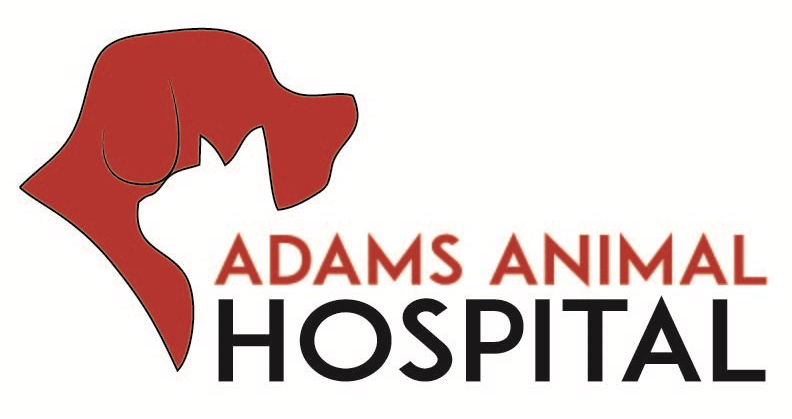Pet Health Library
-
Pleural effusion is the abnormal accumulation of fluid in the chest cavity. Fluid accumulates in the pleural sac, not the lungs, so the lungs are essentially floating in a chest full of fluid. This fluid occupies space within the chest, so the lungs cannot expand as fully as they should. Treatment and prognosis vary depending on the underlying cause.
-
Pleural effusion is the abnormal accumulation of fluid in the chest cavity. Fluid accumulates in the pleural sac, not the lungs, so the lungs are essentially floating in a chest full of fluid. This fluid occupies space within the chest, so the lungs cannot expand as fully as they should. Treatment and prognosis vary depending on the underlying cause.
-
Pneumothorax is an accumulation of air outside the lungs, but inside the chest wall. The air outside the lung prevents the lungs from inflating normally, and can lead to lung collapse. There are several variations of pneumothorax.
-
Porcupine quills can puncture the skin and move through muscle, ultimately penetrating into body cavities and internal organs. They contain barbs like fishhooks and tend to migrate inwards instead of being expelled. Do not cut quills or attempt to remove the quills yourself. Seek immediate veterinary care if your dog is quilled. Sedation or anesthesia is required to remove quills safely.
-
Pulmonary thromboembolism describes a condition in which a blood clot lodges in one of the pulmonary arteries, blocking blood flow into the portion of the lung served by that artery. The signs of pulmonary thromboembolism include sudden difficulty breathing, rapid breathing, decreased appetite, fainting, coughing, spitting up blood, weakness, exercise intolerance, and the inability to get comfortable. Sudden death is possible. This article discusses potential causes, treatment, and prognosis.
-
Pulmonary thromboembolism describes a condition in which a blood clot lodges in one of the pulmonary arteries, blocking blood flow into the portion of the lung served by that artery. The signs of pulmonary thromboembolism include sudden difficulty breathing, rapid breathing, decreased appetite, fainting, coughing, spitting up blood, weakness, exercise intolerance, and the inability to get comfortable. Sudden death is possible. This article discusses potential causes, treatment, and prognosis.
-
Pyometra is a serious and life-threatening infection in the uterus, occurring in female cats who have not been spayed. The condition must be treated quickly and aggressively. The preferred treatment is to surgically remove the uterus and ovaries by performing an ovariohysterectomy. There is a medical approach to treating pyometra, although the success rate is highly variable and not without considerable risk and potential long-term complications.
-
Pyometra is a serious and life-threatening infection in the uterus, occurring in female dogs who have not been spayed. The condition must be treated quickly and aggressively. The preferred treatment is to surgically remove the uterus and ovaries by performing an ovariohysterectomy. There is a medical approach to treating pyometra, although the success rate is highly variable and not without considerable risk and potential long-term complications.
-
Pyothorax is the presence of inflammatory fluid or pus within the chest cavity, which is the area between the lungs and the inner walls of the ribs. Signs of pyothorax include rapid, shallow, open-mouthed breathing that may be painful, depression, lethargy, decreased appetite. Clinical examination by a veterinarian, particularly listening to the chest with a stethoscope, may indicate fluid in the chest.
-
Pyothorax occurs when pus or inflammatory fluids collect in the space around the lungs causing fever, anorexia, lethargy, and difficulty breathing. It is diagnosed through history, physical exam, radiographs, and thoracocentesis. Treatment with oral antibiotics is essential and may involve repeated thoracocentesis or the placement of a chest drain.

